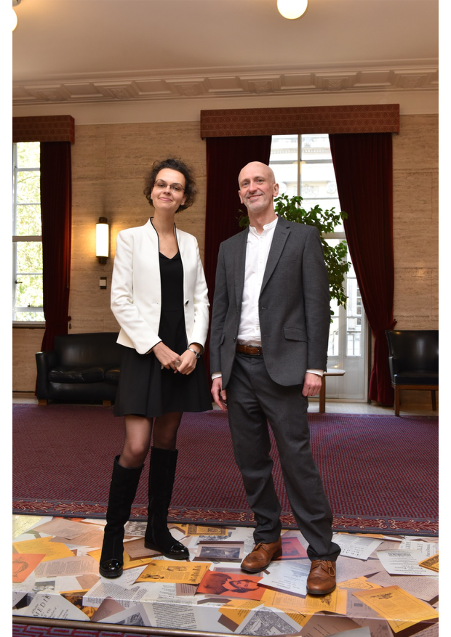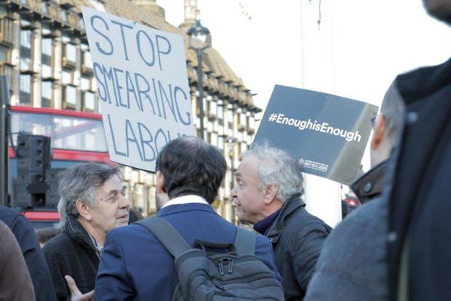This is the seventh in a series of blogs showcasing the Birkbeck 2020 Public Engagement Awards winners and highly commended participants. This project was announced the winner of the category ‘PhD and Early Research’.

Dr Raluca Matei and Dr Keith Phillips
‘What Should Musician’s Health Education Sound Like?’ targets the persistent lack of health education in higher music education institutions (i.e. conservatoires) even at a time when the literature on musicians’ health is growing. Emphasising the need for a holistic approach to health, this project engaged and recorded a messy myriad of views, in an effort to capture the wealth of applied experience and knowledge of specialists coming from a range of relevant fields.
Dr Raluca Matei and Dr Keith Phillips, Post-Doctoral Research Assistant at the Royal Northern College of Music, the leaders of this project, organised four workshops to foster exchange and learning among a total of 50 specialists from different areas of expertise: social scientists; experts in performing arts medicine; healthcare professionals working with musicians (e.g. physiotherapists, psychologists, and occupational nurses); health and music educators; musicians (students and professionals); and representatives of relevant organisations such as the British Association of Performing Arts Medicine, Musicians’ Union, and Help Musicians UK (given their knowledge of musicians’ issues at a national level).
Each workshop began with a summary of the evidence on musicians’ health and relied on Dr Matei’s own research on health education in European conservatoires and the methodological limitations of existing health promotion interventions. Throughout each session, participants were divided into small interdisciplinary groups, and were asked to discuss three comprehensive lists prepared by Dr Matei on the basis of systematic literature reviews. Such lists included psychology topics; health topics; and logical fallacies, cognitive biases, and critical appraisal tools that were thought of as relevant for musicians. The evidence basis allowed for rigorous discussions of relevant matters, and this format facilitated highly valuable interdisciplinary discussions among experts with considerable applied experience.
Birkbeck commends Dr Matei from Birkbeck’s Centre for Sustainable Working Life, as well as this project’s co-author, Dr Keith Phillips, for this exciting addition to the ongoing discussion on the topic of musicians’ health. We are proud to award this project with the title of Winner in the category ‘PhD and Early Research’.
Further information:



